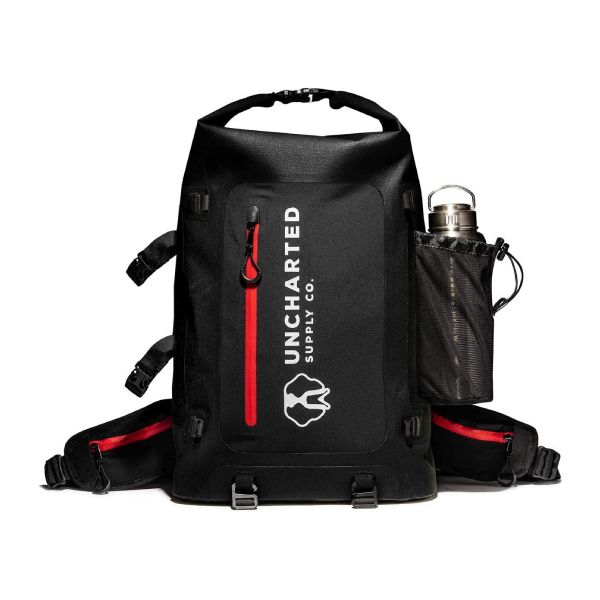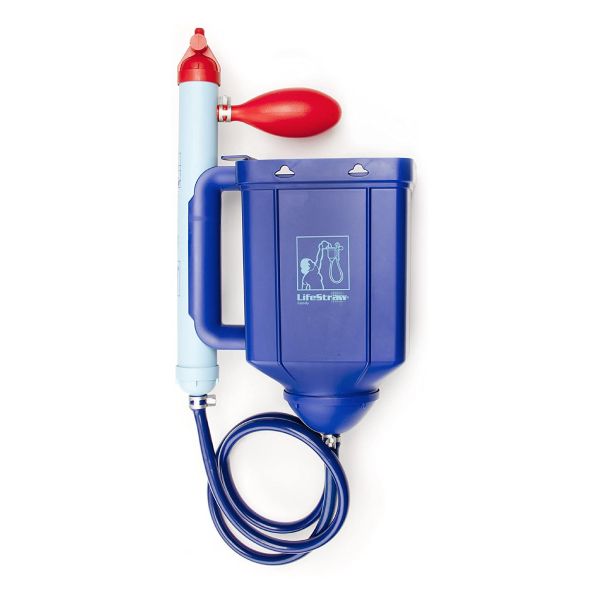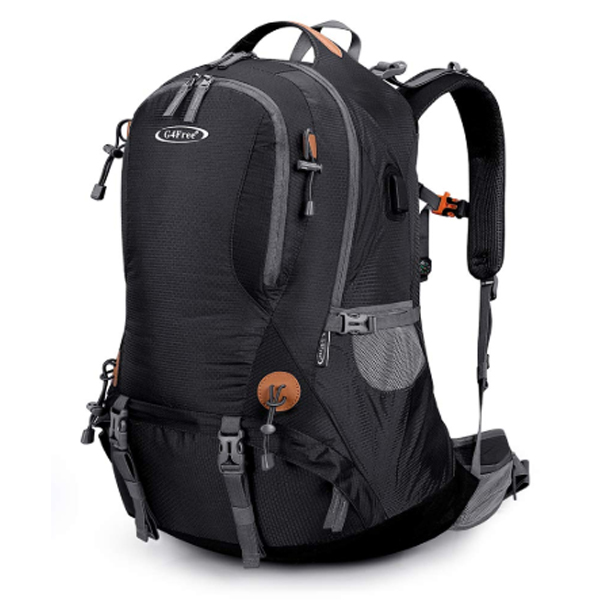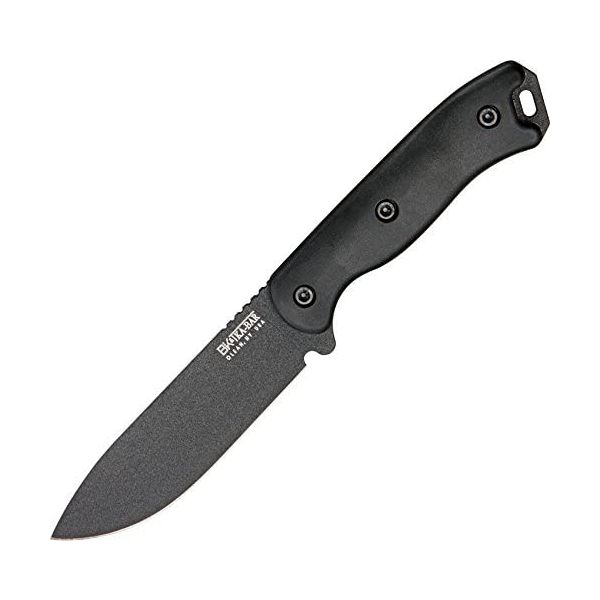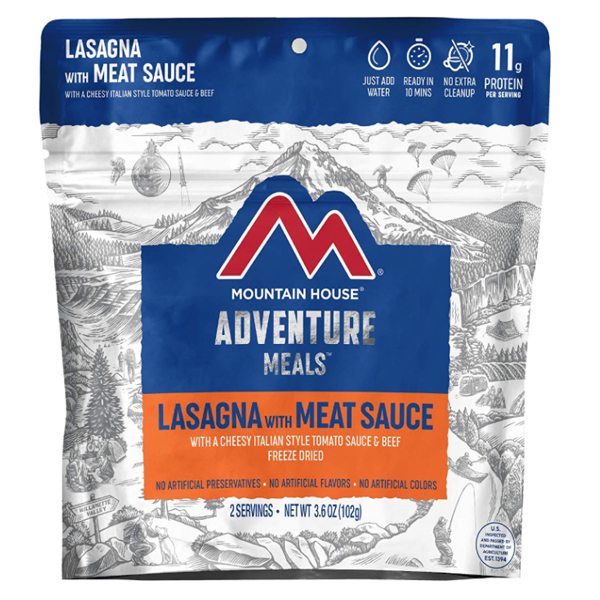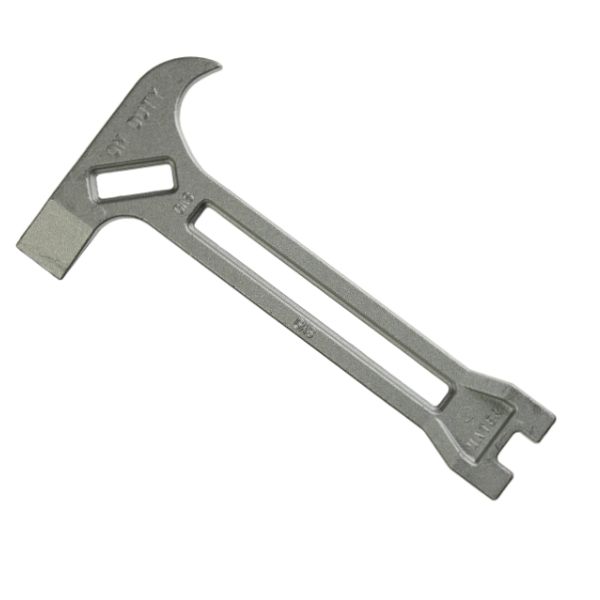Prepare for a Hurricane
Whether you've just moved to hurricane alley or you're teaching your kids how to be prepared, we know that there's a storm on the horizon, and you need to make sure you're ready for whatever blows your way.
Hurricanes are often catastrophic events. Survivors often talk of evacuation, property loss, and life changes. Preparing for a hurricane takes some forethought and urgent action.
The National Oceanic and Atmospheric Administration (NOAA) publishes the category levels of the cyclones based on wind speeds. Often people make plans and take action based on the severity of the storm.
Research: Hurricane Categories
- 74-95 mph - "Very dangerous winds will produce some damage..."
- 96-110 mph - "Extremely dangerous winds will cause extensive damage..."
- 111-129 mph - "Devastating damage will occur..."
- 130-156 mph - "Catastrophic damage will occur..."
- 157 mph or higher - "Catastrophic damage will occur..."
I've experienced a number of hurricanes. Storms less than a category 3 haven't been super dangerous - but it's always good to be prepared just in case. Better safe than sorry!
Real Life: Hurricane Matthew
In 2016, hurricane Matthew devastated a small town off the coast of South Carolina. Businesses were closed down, nature tails were closed off for weeks, and the storm was able to shake quite a few lives in the community. Not all was lost. The town took more than a year to recover, but came back stronger than ever.
Preparing for a Hurricane
The best thing to do when preparing for a hurricane is to keep your head - don't panic. Just follow our tips, and you should be ready to secure just about anything for any storms ahead.
Before you hit the road and evacuate the area, the first thing you need to do is secure your home - even if you plan to stay for the storm, it's still a good idea to get your home ready.
Experience: Surviving Hurricane Matthew
A family from South Carolina shared their personal plan and advice. They said you'll want to bring varying supplies - extra diapers for babies, pads for menstruation, and medications refilled just in case you're left without any open stores or pharmacies in your area. Their motto is to prepare for the worst, and hope for the best.
The best way to prepare for a hurricane is to customize your plan to fit your family.
Hurricane Preparedness Plan - Activity List
Consider the following list of activities for surviving an emergency - customize as needed. Here's what to do to escape the threat:
Immediate Threat
What to do if the threat is immediate:
- Grab your go bag or any other survival gear on the way out of the home or area and evacuate. If you have a vehicle, choose the safest route and escape. If you don't, find a place free of danger and wait for it to pass.
Moderate Warning
What to do if you have some time:
- Gather your survival gear
- 72-hour kit or go Bag for each individual in the household
- Household survival gear - based on your modular survival system
- Gather emergency contact information
- Gather any valuables
- Secure the home
- turn off gaslines
- turn off main electrical breakers
- turn off water lines
- lock doors and windows
- Execute your movement plan for all individuals
Securing Your Home
While ways to prepare can vary from storm to storm or from area to area, these are the best universal tips for keeping safe.
Here's a quick list of everything you might need:
- Plywood - sturdy sheets of plywood for your windows
- Rope - to secure larger items outdoors
- Sandbags - to prevent flooding through doors
Preparation Tips:
- The first thing you want to do is cover or brace your windows. Measure all your windows and make sure you have sheets of plywood that will cover them. Then use brackets to hold the pieces of plywood in place.
- You can also use this method to protect your doors.
- Then you'll want to bring in patio furniture, grills, and kid's toys that are outside - anything left out in the storm will more than likely be swept away.
- The next step is to place sandbags around any and all entryways, like doors. The sandbags will prevent water from entering your home and minimize flooding.
- You should also take inventory of your valuables and place items like jewelry, important documents, and family heirlooms inside of a safe. You should also scan things like your birth certificate and insurance documents - just in case your home floods and ruins the originals.
Securing Your Work
If you're securing a work building, the guidelines are the same as above - with a few minor tweaks.
You'll want to secure any windows and doors that will be exposed, and have plastic tarps, rope, and tape with you to cover any equipment. It's also a good idea to make sure all out loose materials or equipment that you can't bring inside is nice and secure.
Always keep flashlights and extra batteries, and keep extra gas for any generators that might need it. Always be prepared just in case the power goes out.
Protecting the People We Care About
One thing more valuable than your home or work is the people in your life. And we know you want to do everything you can to keep them safe.
Protecting Family
Do you know where your children are? The best way to keep your loved ones safe is to keep in touch and make sure everyone is in on your evacuation plan.
Start up a group chat with everyone that will be in the hurricane's path and check in frequently - and make sure the people you live with are either home or have taken shelter elsewhere.
Protecting Employees
Protecting your employees is just as important as protecting family, but there's only so much you can do for them. Make sure your employees are clear on work hours during hurricanes - let them know whether you will be open during the upcoming hurricane or not at least a day beforehand.
It's also wise to send out a set of safety guidelines or even a plan for evacuating the workplace via email - and to check up on others after the storm.
Protecting Neighbors
Whether you're a part of a tight-knit neighborhood community or you're one of a few houses on a long stretch of road outside of town, you're going to want to look out for your neighbors.
The best thing to do for them is to check in often and offer help wherever they might need it. If you have any elderly or crippled neighbors, offer to help put plywood over their windows or put their patio furniture away for them.
If there's a single parent who might need help getting their kids and supplies into their car, offer a helping hand. Read to the kids while the parent packs up or help get everyone where they need to be - and don't be afraid to recommend your evacuation route to them before they get going.
Emergency Preparedness Resources

Popular Emergency Checklists
All | Bug Out Bag | 72-Hour Kit |
Evacuation | First Aid
Scouting - Wilderness First Aid
Emergency Plan (ready.gov)
Emergency Contact Info (ready.gov)
Emergency Plan for Schools (ready.gov)
Emergency Gear to Prepare for a Hurricane
And finally, the gear you'll need to make it through the hurricane. The gear you'll need for evacuation is exactly the same as what you might need when you're staying home to weather out the storm.
- 72-hour kit or go Bag - your individual kit should have clothing, gear and supplies for 3-10 days minium
- Food Storage - Take a long food from your long term food storage
As far as food and water goes - try not to panic, buy more than you need. Keep one gallon of water per person per day - that includes pets. Keep enough water around to last you and your family at least three days.
As far as food goes, keep non-perishables at the ready. Soup, cans of tuna, powdered milk, things like that. A good rule of thumb is if you can take the food camping, it's a good thing to keep around for hurricane prep.
So to recap, here's a list of basic supplies you're going to need.
- Water
- Non-perishable food items
- Flashlights
- Batteries
- Charged phone power banks
- Cellphone chargers
- Pet carriers
- Extra clothes
- Reusable water bottles
- LifeStraw (optional)
- Extra medications (optional)
- Extra diapers and baby care items (optional)
- Extra pads or tampons
Recommended Products
Hand Crank/Solar Rechargeable AM/FM/SW Radio, LED Flashlight, Power Bank - Rugged
Emergency hand crank/solar powered energy source, radio, LED flashlight
Buy on AmazonFamily Sized Water Filter
Affordable, long lasting multi-person water filter and purifier
Buy on Amazon1This post may contain affiliate links. If you make a purchase, I may earn a small commission at no additional cost to you.
2 As an Amazon Associate we earn from qualifying purchases.
3 Most reviews are based on personal experience from one of our content editors. Some are based on research and the opinions of other reviewers.






